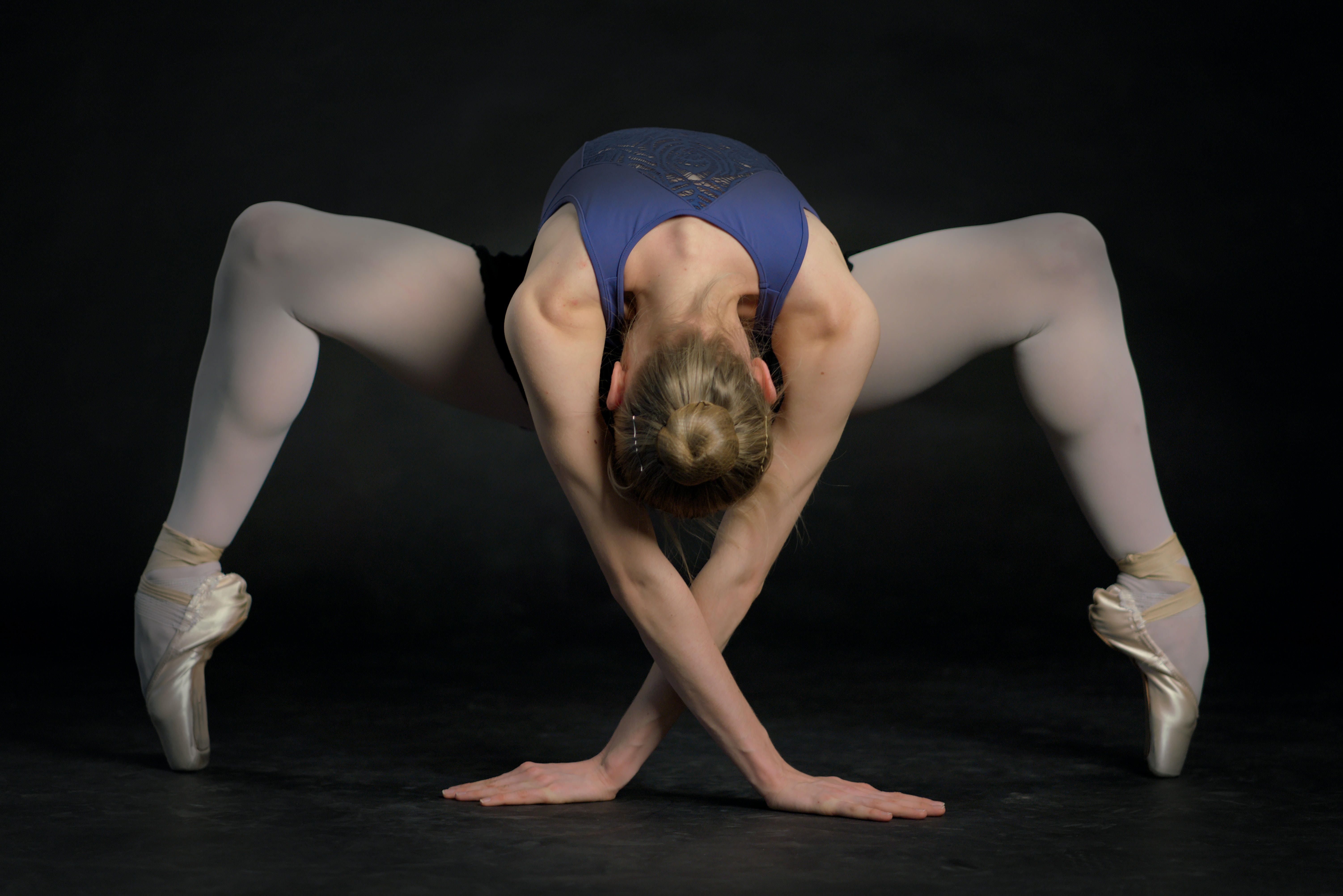
What is the Creator Economy?
POSTED ON:2023-06-03 09:32:00.
The creator economy refers to a digital ecosystem in which individuals, often referred to as creators, produce and distribute their own content directly to their audience, leveraging various online platforms and monetization strategies. It has emerged as a result of technological advancements, increased internet accessibility, and changing consumer behavior.
Creators in the digital era can encompass a wide range of individuals, including artists, writers, musicians, podcasters, video creators, influencers, and even athletes. These creators leverage their skills, knowledge, and unique perspectives to engage and entertain their audience, often building dedicated communities around their content.
Creators make money through various channels in the creator economy:
-
Ad Revenue: Many creators monetize their content through advertising. Platforms like YouTube, Twitch, and TikTok offer ad revenue-sharing programs where creators earn a portion of the ad revenue generated from their content.
-
Sponsorships and Brand Collaborations: Creators often collaborate with brands to promote products or services to their audience. These partnerships can involve sponsored content, product placements, affiliate marketing, or brand endorsements.
-
Merchandise and Products: Many creators develop their own merchandise, such as clothing, accessories, or digital products like e-books, courses, or presets. They leverage their brand and fan base to generate sales and revenue.
-
Crowdfunding and Donations: Some creators rely on their audience's support through crowdfunding platforms like Patreon, Ko-fi, or direct donations through platforms like PayPal or Venmo. Fans can contribute money on a recurring basis or make one-time donations to support the creator's work.
-
Subscription Models: Platforms like OnlyFans, Substack, and Medium allow creators to offer exclusive content or experiences to subscribers who pay a monthly or yearly fee.
The most successful creator platforms vary depending on the type of content and audience. Some notable platforms include:
-
YouTube: YouTube is a leading platform for video creators, offering ad revenue sharing, sponsorships, and merchandise opportunities.
-
TikTok: TikTok is a short-form video platform that has gained massive popularity, with creators capitalizing on its algorithm-driven discoverability and brand collaborations.
-
Patreon: Patreon is a membership platform that allows creators to offer exclusive content to their subscribers, who pay a monthly fee to access it.
-
Twitch: Twitch is a live streaming platform primarily focused on gaming, where creators can earn revenue through ad revenue sharing, subscriptions, and donations.
-
Substack: Substack is a newsletter platform that enables writers to monetize their content by offering paid subscriptions to their readers.
In the sports industry, the creator economy has also emerged as a powerful tool for learning from athletes and industry professionals. Athletes can share their training routines, insights, and experiences through social media platforms, blogs, podcasts, or dedicated websites. These platforms allow fans and aspiring athletes to gain valuable knowledge, receive training tips, and even engage directly with their favorite sports personalities.
One excellent example is the YouTube channel "The Modern Martial Artist" by Ramsey Dewey. Ramsey, a mixed martial artist and coach, shares his expertise on various aspects of martial arts, training techniques, and philosophy. He provides valuable educational content that helps aspiring fighters and martial arts enthusiasts learn and improve their skills.
Overall, the creator economy offers an avenue for individuals to share their passion, expertise, and creativity while generating income. It provides opportunities for learning, entertainment, and community-building, and has transformed the way content is produced and consumed in various industries, including sports.
